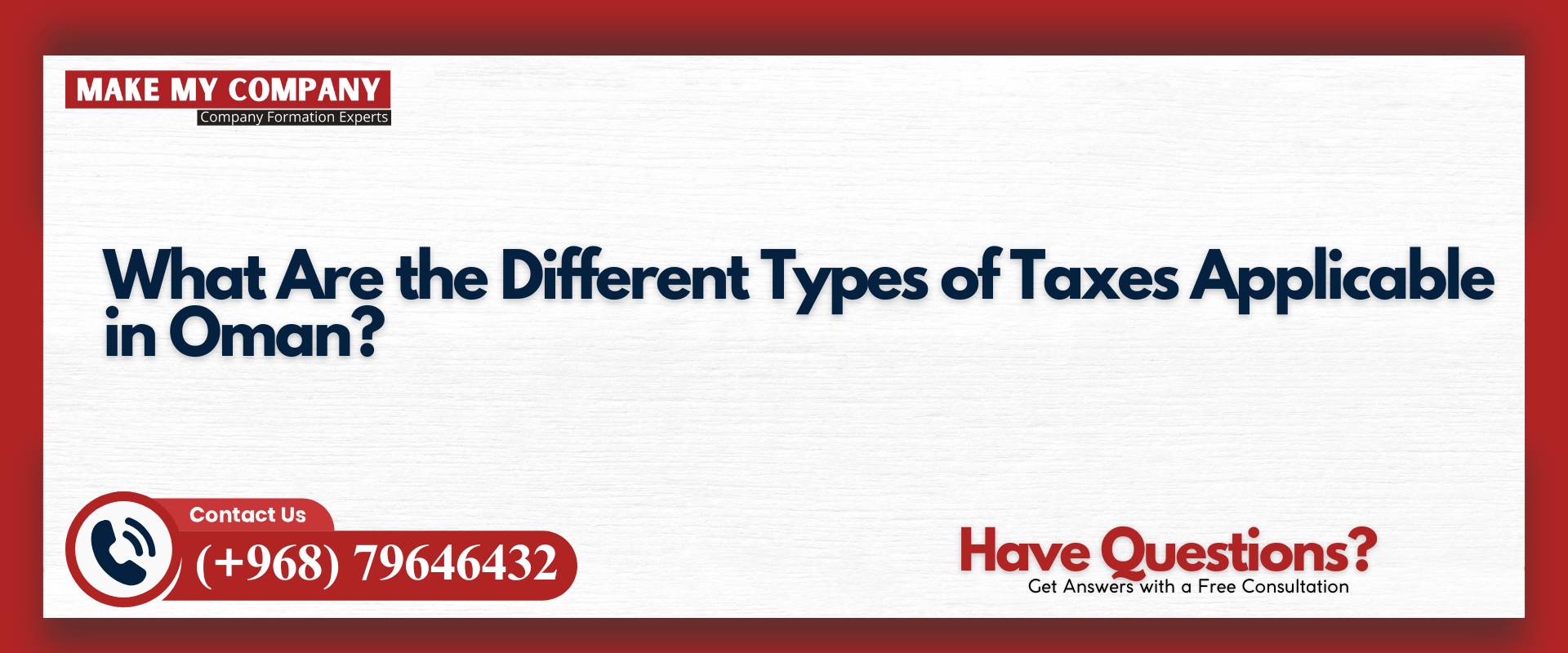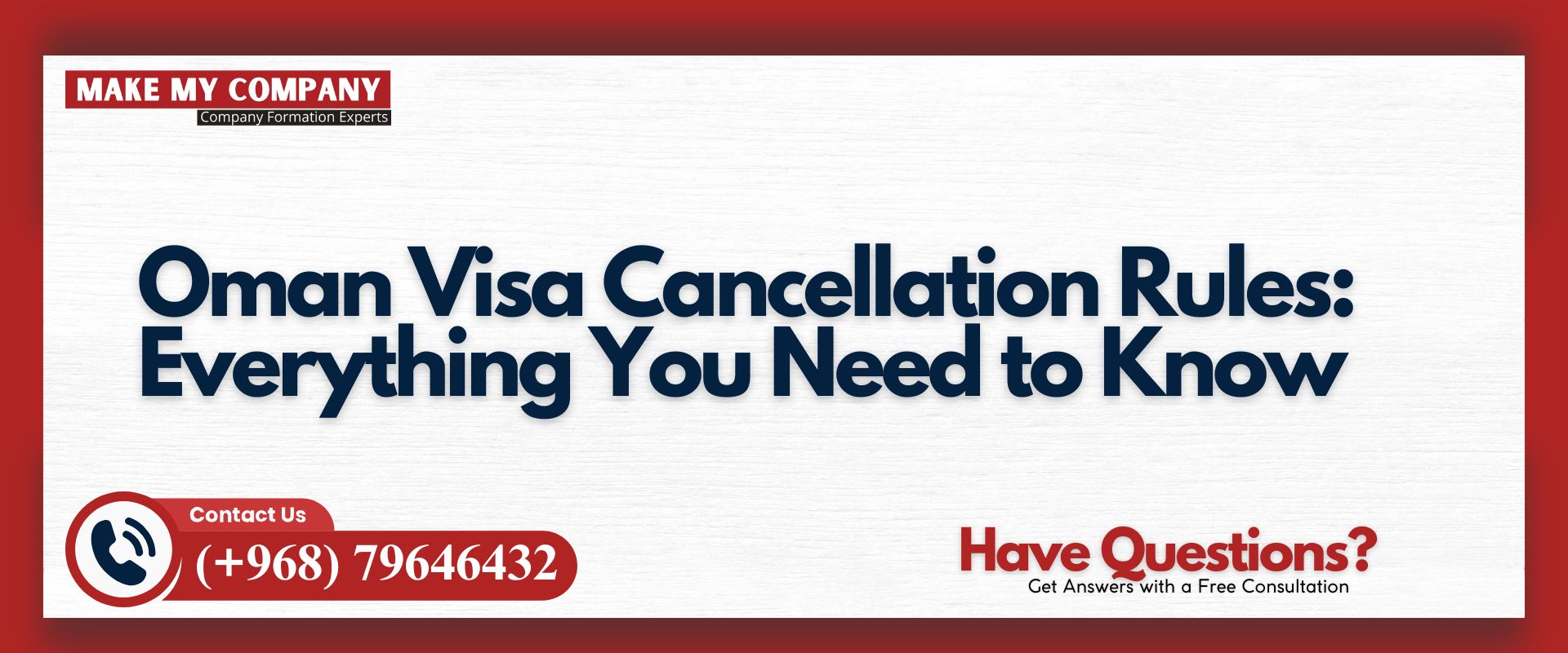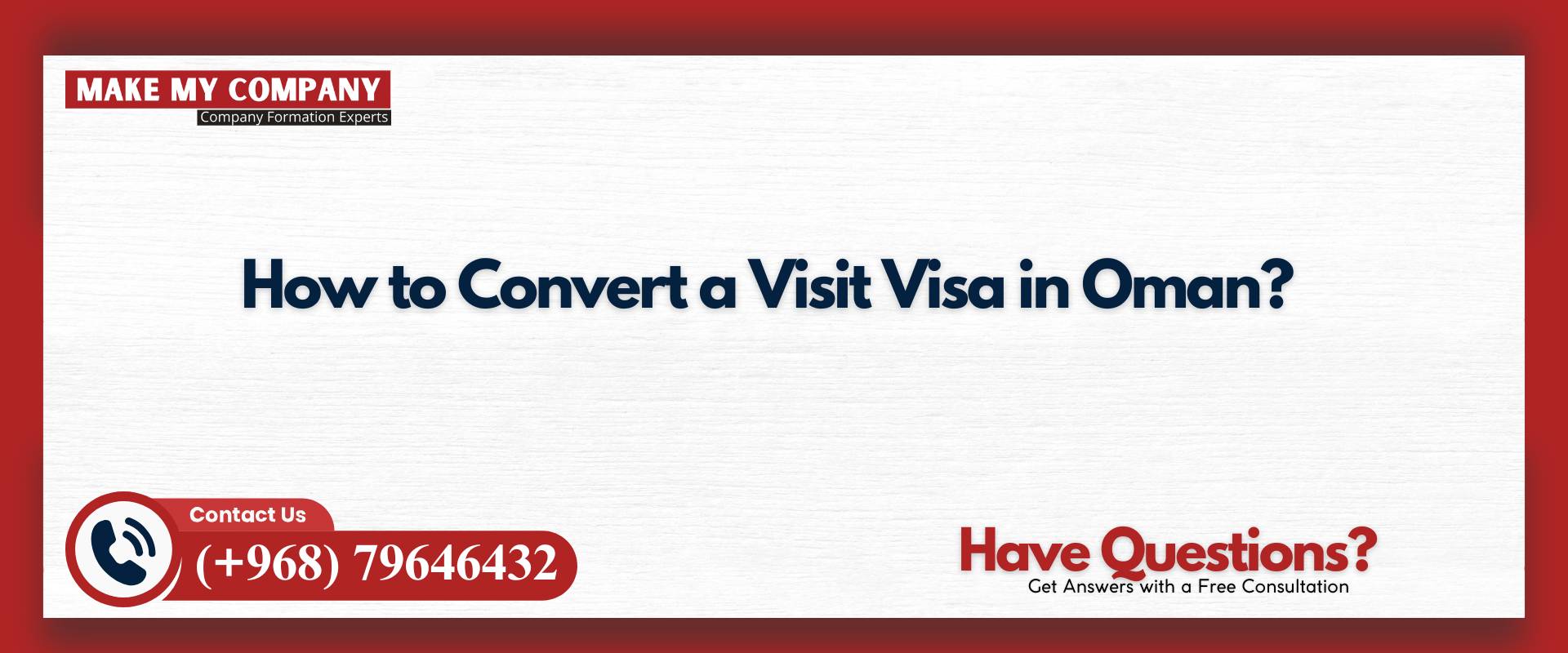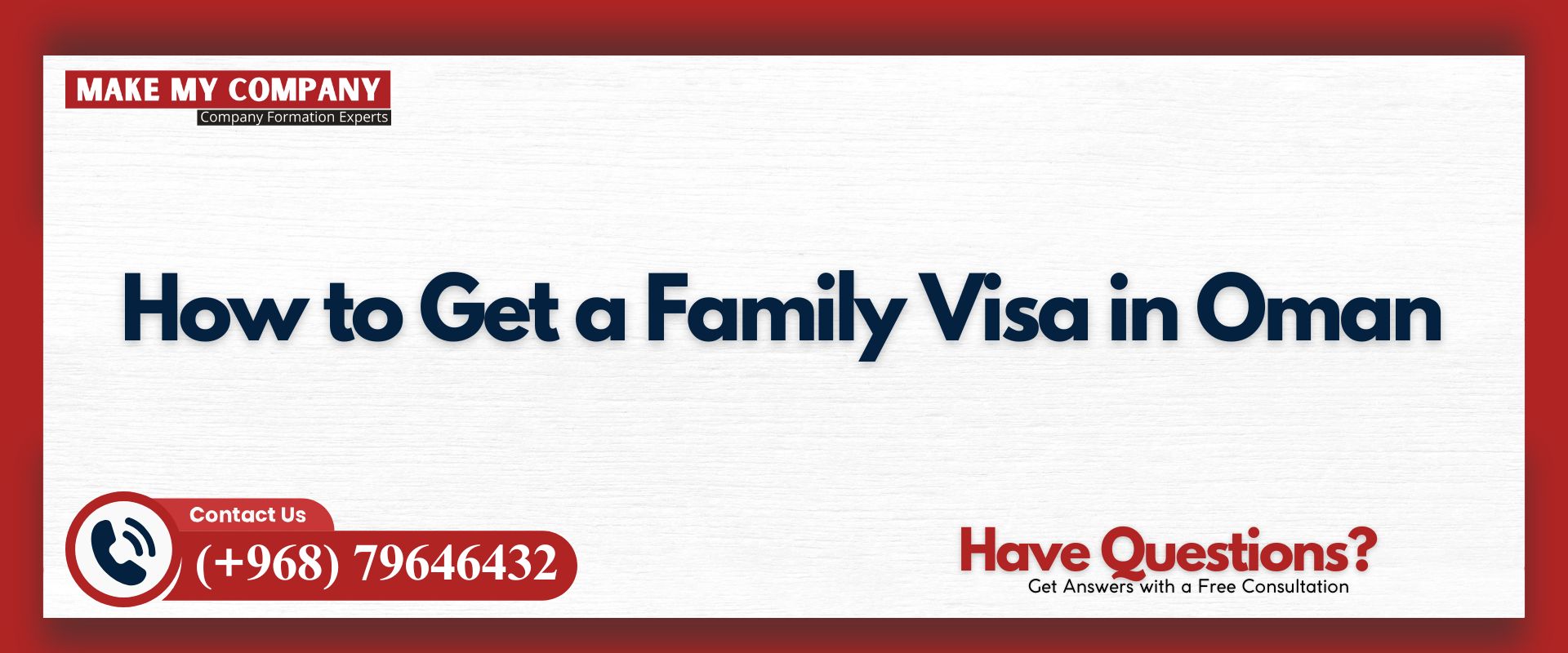Navigating the intricate world of taxation can be a daunting task, especially when operating a business in Oman. With its diverse economic landscape and unique regulations, understanding the different types of taxes applicable in the Sultanate is crucial for ensuring compliance and maximizing your financial efficiency. In this comprehensive guide, we delve into the various tax categories, their implications, and the key considerations every business owner should be aware of.
Corporate Income Tax: Unraveling the Nuances
Understanding Corporate Tax Rates In Oman
The corporate income tax rate is generally 15% for companies engaged in non-petroleum activities. However, certain industries or sectors may be subject to different tax rates. It’s essential to understand the applicable tax rate for your business to ensure accurate tax planning and compliance. Factors such as the nature of your business operations, industry-specific regulations, and any applicable tax treaties or incentives can influence the relevant corporate tax rate. For instance, companies operating in the petroleum industry may be subject to a higher tax rate. At the same time, businesses in certain free zones or special economic zones may enjoy tax incentives or exemptions. Additionally, companies engaged in specific activities, such as banking or insurance, may have different tax rates or calculation methods.
Deductions and Allowances
Businesses in Oman can benefit from various deductions and allowances that can reduce their taxable income. These include deductions for operational expenses, such as salaries, rent, utilities, and other legitimate business expenses. Companies can claim deductions for expenses incurred wholly and exclusively for their trade or business, subject to specific rules and limitations. Additionally, companies can claim depreciation allowances for fixed assets used in their operations, enabling them to deduct a portion of the asset’s cost over its useful life. Other allowances may include research and development expenses, training costs, and certain investments in specific sectors or regions. Oman also offers specialized incentives and allowances to encourage investment in priority sectors, such as manufacturing, tourism, and renewable energy. It’s crucial to familiarize yourself with the specific deductions and allowances available to your industry or sector to optimize your tax efficiency and minimize your tax liability.
Tax Filing and Payment Deadlines
Timely tax filing and payment are crucial to avoid penalties and maintain compliance with Oman’s tax regulations. In Oman, corporate income tax returns must be filed within six months after the end of the tax year, which typically aligns with the company’s fiscal year-end. This deadline applies to both electronic and manual filing methods. Any tax due must be paid by the same deadline to avoid interest charges and potential penalties. Oman imposes penalties for late filing and late payment, which can include fines and interest charges. It’s essential to stay updated on the filing and payment deadlines, as well as any changes or extensions announced by the tax authorities. Companies should also be aware of any specific requirements or deadlines for advance tax payments or estimated tax calculations, which may vary based on their industry or financial situation. Failure to file or pay taxes on time can result in significant penalties, including fines and potential legal consequences, such as prosecution or suspension of business activities.
Value Added Tax (VAT): Navigating the Intricacies
VAT Registration and Compliance
Businesses in Oman are required to register for VAT if their annual taxable supplies exceed a certain threshold. The current registration threshold is OMR 38,500 (approximately USD 100,000) for most businesses. Once registered, companies must comply with VAT regulations, including issuing valid tax invoices, maintaining proper records, and filing periodic VAT returns. VAT compliance involves several key steps, such as accurately calculating and collecting VAT from customers, keeping detailed records of all transactions, and submitting VAT returns and payments to the Oman Tax Authority within the prescribed deadlines. Failure to comply with VAT regulations can result in penalties, fines, and potential legal consequences.
Input and Output VAT
Understanding the concepts of input and output VAT is crucial for businesses in Oman. Input VAT is the VAT paid on purchases and expenses incurred by a company for its operations. This includes VAT paid on goods and services acquired from VAT-registered suppliers, such as raw materials, equipment, utilities, and professional services. Output VAT, on the other hand, is the VAT charged by a business on its sales of goods or services to customers. Businesses can generally claim a credit or refund for the input VAT paid, subject to certain conditions and limitations. This mechanism is designed to ensure that VAT is ultimately borne by the final consumer and not accumulated at each stage of the supply chain.
VAT Rates and Exemptions
Oman applies a standard VAT rate of 5% on most goods and services. However, certain items and sectors may be subject to different rates or exemptions. Zero-rated supplies, such as exports of goods and services, are taxed at 0%, allowing businesses to claim a refund for the input VAT paid on these supplies. Exempt supplies, such as certain financial services, healthcare, and education, are not subject to VAT at all. It’s essential to familiarize yourself with the applicable VAT rates and exemptions for your business to ensure accurate tax calculations and compliance. Failure to apply the correct VAT rates or claim exemptions inappropriately can lead to penalties and potential legal consequences.
Withholding Tax: Ensuring Compliance
Types of Income Subject to Withholding Tax
Withholding tax in Oman applies to various types of income, including dividends, interest, royalties, and payments for services rendered by non-residents. Dividends paid by Omani companies to foreign shareholders are subject to a 10% withholding tax unless a lower rate is applicable under a tax treaty. Interest payments made to non-residents are generally subject to a 10% withholding tax, with certain exceptions. Royalties paid to non-residents for the use of patents, trademarks, or other intellectual property are subject to a 15% withholding tax. Additionally, payments made to non-residents for services rendered in Oman, such as consulting, management, or technical services, are subject to a 10% withholding tax. It’s crucial to understand the specific types of income subject to withholding tax to ensure compliance and avoid penalties.
Withholding Tax Rates and Calculations
The withholding tax rates in Oman vary depending on the type of income and the recipient’s residency status. As mentioned previously, the standard rates are 10% for dividends, 10% for interest, 15% for royalties, and 10% for services rendered by non-residents. However, these rates may be reduced or eliminated under applicable tax treaties between Oman and the recipient’s country of residence. It’s essential to accurately calculate the withholding tax amount based on the applicable rates and the gross payment amount. Failure to withhold the correct amount or apply the appropriate tax treaty rates can result in penalties and interest charges.
Remittance and Reporting Requirements
Businesses in Oman are required to remit the withheld tax to the tax authorities within a specified timeframe and file periodic withholding tax returns. The due dates for remittance and filing vary depending on the type of income and the payer’s tax cycle. Generally, withholding tax must be remitted to the Oman Tax Authority within 14 days after the end of the month in which the payment was made. Withholding tax returns must be filed on a quarterly or annual basis, depending on the payer’s tax cycle. Failure to comply with remittance and reporting requirements can result in penalties, including fines and potential legal consequences.
Excise Tax: Addressing Specific Goods and Services
Excisable Goods and Services in Oman
Excise tax in Oman applies to specific goods and services, such as tobacco products, carbonated drinks, and certain luxury items. Tobacco products, including cigarettes, cigars, and other tobacco products, are subject to excise tax in Oman. The current excise tax rate on tobacco products is 100%. Carbonated drinks, including soda and energy drinks, are also subject to excise tax at a rate of 50%. Additionally, certain luxury goods and services, such as luxury vehicles, boats, and certain high-end consumer goods, may be subject to excise tax at varying rates. It’s crucial to identify whether your business deals with excisable goods or services to ensure compliance with excise tax regulations.
Excise Tax Rates and Calculations
The excise tax rates in Oman vary depending on the type of good or service. As mentioned earlier, the current rates are 100% for tobacco products and 50% for carbonated drinks. For luxury goods and services, the rates may vary based on the specific item or service. It’s essential to accurately calculate the excise tax amount based on the applicable rates and the value or quantity of the excisable goods or services. Failure to properly calculate and pay excise tax can result in penalties, interest charges, and potential legal consequences.
Excise Tax Registration and Filing
Businesses dealing with excisable goods or services in Oman are required to register for excise tax and file periodic returns. The registration process typically involves providing detailed information about the business, the excisable products or services, and projected sales volumes. Once registered, businesses must maintain accurate records of all excisable transactions, including purchases, sales, and inventory movements.
Excise tax returns must be filed on a regular basis, typically monthly or quarterly, depending on the nature of the business and the volume of excisable transactions. These returns must accurately reflect the excise tax liability for the reporting period, based on the applicable rates and the value or quantity of excisable goods or services sold or consumed.
In addition to filing returns, businesses may also be required to make periodic excise tax payments to the tax authorities. The payment schedules and deadlines vary depending on the type of business and the excise tax regime in place.
Failure to comply with registration and filing requirements can result in significant penalties and legal consequences. Late or inaccurate filing of excise tax returns, or failure to make required payments on time, can lead to fines, interest charges, and potential legal action, including the suspension or revocation of business licenses.
Payroll and Social Security Contributions
Employee and Employer Contributions
Businesses in Oman are required to contribute to social security schemes for their employees, both Omani nationals and expatriate workers. The contributions are typically shared between the employer and the employee, with specific contribution rates and calculation methods.
For Omani employees, the employer is responsible for contributing 10.5% of the employee’s basic salary to the Public Authority for Social Insurance (PASI). Employees are also required to contribute 7% of their basic salary to PASI. These contributions provide employees with retirement benefits, disability benefits, and other social security benefits.
For expatriate workers, the employer is required to contribute to the expatriate private sector employees’ insurance scheme. The contribution rates and calculation methods may vary depending on the employee’s country of origin and the specific insurance scheme in place.
In addition to social security contributions, employers may also be required to contribute to other statutory funds or schemes, such as the training levy or the Omanization support fund, which aims to encourage the employment of Omani nationals in the private sector.
Calculation and Remittance of Contributions
Accurate calculation and timely remittance of social security and other statutory contributions are crucial to ensure compliance with Oman’s labor laws and regulations. Employers are responsible for calculating the required contributions based on the applicable rates and the employees’ salaries or wages.
The contributions must be remitted to the relevant authorities within the prescribed deadlines. For example, PASI contributions for Omani employees must be remitted on a monthly basis, typically within the first ten days of the following month.
Failure to accurately calculate or remit the required contributions can result in penalties, interest charges, and potential legal consequences, including fines or suspension of business activities.
Penalties for Non-compliance
Non-compliance with payroll and social security contribution regulations can result in significant penalties and legal consequences. Penalties may include fines, interest charges, and potential legal action, such as prosecution or suspension of business activities.
Specific penalties may vary depending on the nature and severity of the non-compliance. For example, late payment of PASI contributions may result in a penalty of 0.5% of the unpaid amount for each month of delay, up to a maximum of 5% of the unpaid amount. More severe violations, such as intentional evasion of contributions or providing false information, can lead to harsher penalties and potential criminal prosecution.
It’s crucial for businesses in Oman to maintain accurate payroll records, calculate contributions correctly, and remit payments within the prescribed deadlines to avoid penalties and ensure compliance with labor laws and regulations.
Property and Transfer Taxes
Real Estate Transfer Tax
In Oman, a tax is levied on the transfer of real estate properties, generally paid by the buyer. The real estate transfer tax rate is currently set at 5% of the property’s value or the registered value, whichever is higher. This tax applies to the transfer of ownership of residential, commercial, and industrial properties, including land and buildings.
Certain exemptions or reduced rates may apply in specific circumstances, such as property transfers within the same family or transfers related to government-sponsored housing projects.
Buyers are responsible for paying the real estate transfer tax and obtaining the necessary clearances and approvals from the relevant authorities before the transfer can be completed.
Municipal Taxes and Fees
In addition to the real estate transfer tax, municipalities in Oman may impose various taxes and fees on properties within their jurisdiction. These may include annual rental value taxes, sewage fees, and other local taxes or charges.
The annual rental value tax, also known as the municipal tax, is levied on the estimated annual rental value of the property, regardless of whether it is occupied or rented out. The tax rates vary depending on the municipality and the property’s location and classification (e.g., residential, commercial, industrial).
Sewage fees and other municipal charges are typically calculated based on the property’s size, usage, and other factors. These fees are intended to cover the costs of providing municipal services, such as waste management, street lighting, and infrastructure maintenance.
Businesses operating in multiple municipalities should be aware of the applicable taxes and fees in each location and ensure timely payment to avoid penalties or disruptions in services.
Stamp Duties and Registration Fees
Certain transactions and documents in Oman may be subject to stamp duties and registration fees. These fees are generally payable to the relevant authorities and are essential for ensuring the legal validity and enforceability of certain transactions or agreements.
For example, stamp duties may be charged on the execution of contracts, agreements, or other legal documents. The rates and applicability of stamp duties vary depending on the type of document and the transaction value.
Registration fees are often required when registering or transferring ownership of assets, such as real estate properties, vehicles, or intellectual property rights. These fees are typically calculated based on the value of the asset or transaction and must be paid to the relevant government authorities before the registration or transfer can be completed.
Businesses should be aware of the applicable stamp duties and registration fees for their operations and transactions to ensure compliance and avoid potential legal complications or penalties.
Conclusion
In conclusion, we at MakeMyCompany business setup company understand the complexities involved in navigating the taxation landscape in Oman. As a leading provider of Tax Services and Taxation Services in Oman, we are dedicated to helping businesses of all sizes navigate the intricate web of tax regulations. Our team of experienced professionals stays up-to-date with the latest tax laws and regulations, ensuring that our clients remain compliant while maximizing their financial efficiency. Whether you require assistance with corporate income tax, VAT, withholding tax, excise tax, payroll and social security contributions, or property and transfer taxes, we are here to guide you every step of the way. Contact us today to learn more about our comprehensive Taxation Services in Oman and take the first step towards seamless tax compliance and financial success.









